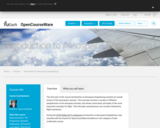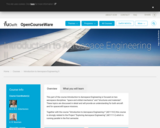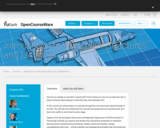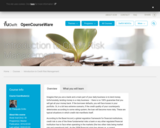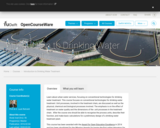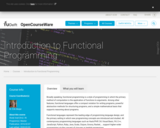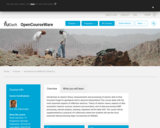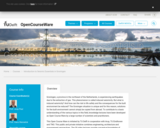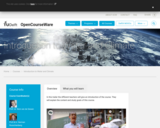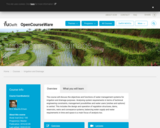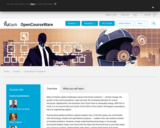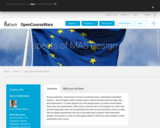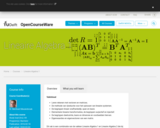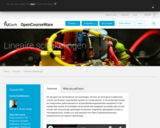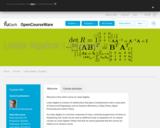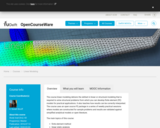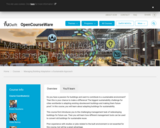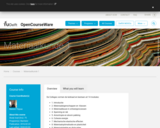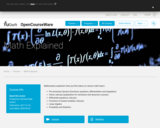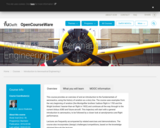
This course provides an overview of and introduction to the fundamentals of aeronautics, using the history of aviation as a story line. The course uses examples from the very beginning of aviation (the Montgolfier brothers' balloon flight in 1783 and the Wright brothers' heavier-than-air flight in 1903) and continues all the way through to the current Airbus A380 and future aircraft. This trajectory will start with a general introduction to aeronautics, to be followed by a closer look at aerodynamics and flight performance.
Lectures are frequently accompanied by related exercises and demonstrations. The course also incorporates (design) challenges/competitions, based on the knowledge obtained through the lectures.
- Subject:
- Engineering
- Material Type:
- Full Course
- Provider:
- Delft University of Technology
- Provider Set:
- Delft University OpenCourseWare
- Author:
- Prof.dr.ir. J.M. Hoekstra
- Date Added:
- 03/06/2016
